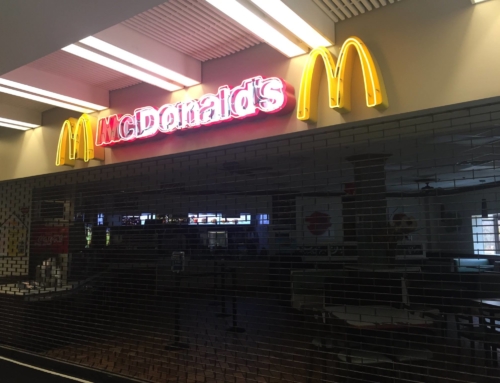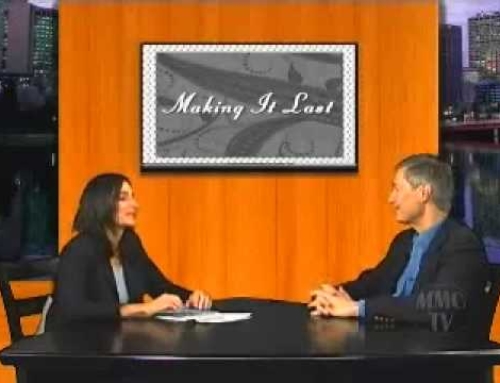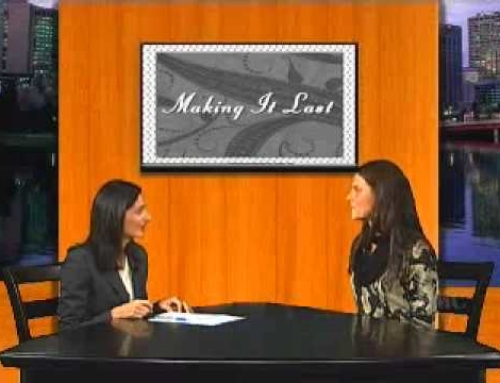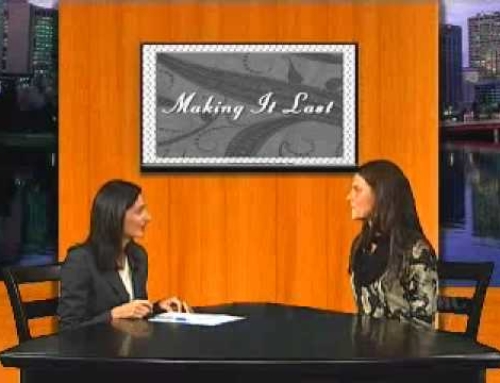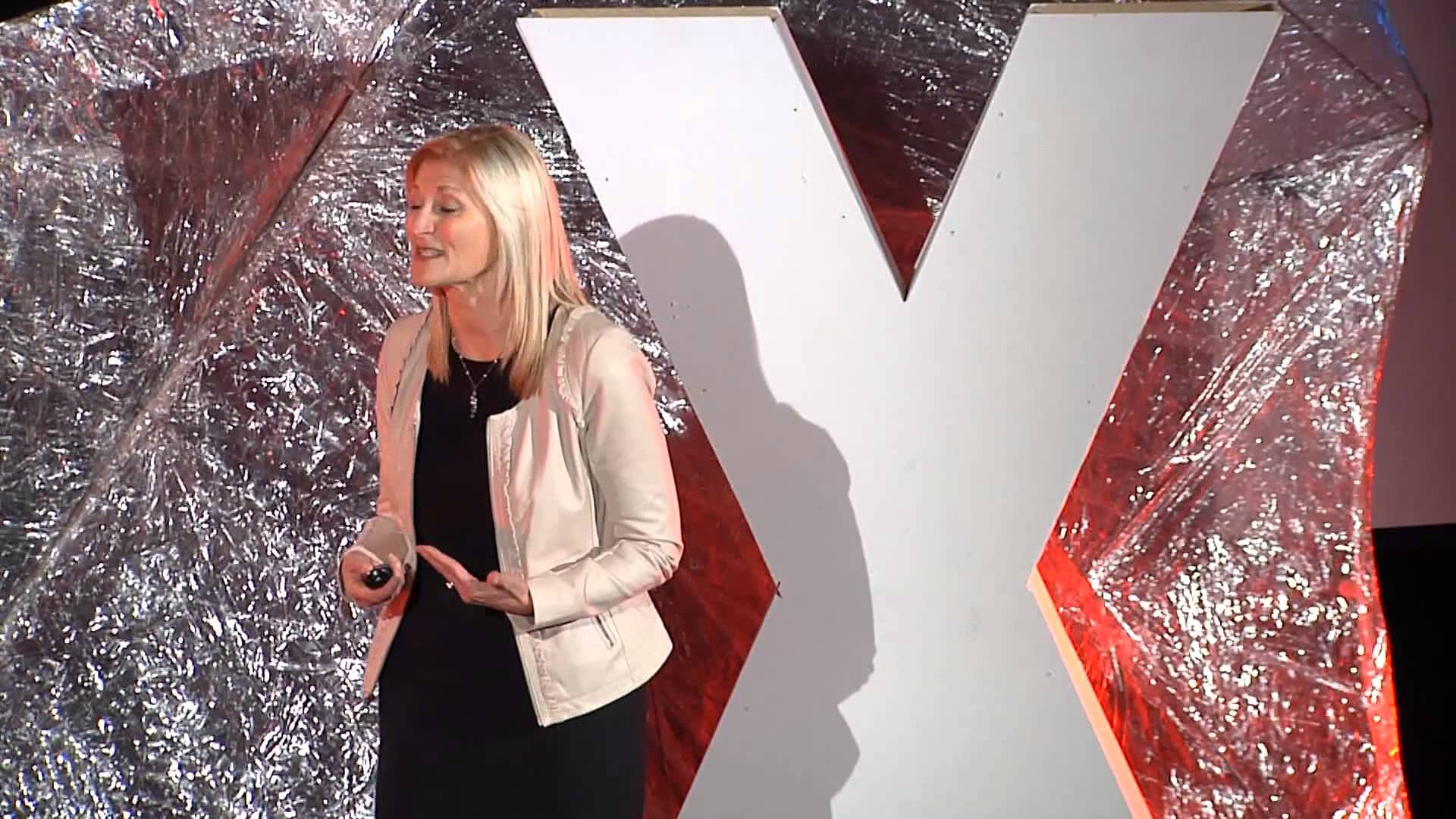For years I have tried to warn my clients that the courts can make mistakes, and that sometimes those errors can have dire consequences that last for generations. Little did I realize that I would become the best living proof of that statement, until this year. In 1978, a Florida court found insufficient evidence to support a finding of paternity. As a result, I grew up without a father, uncle, cousins or any siblings. My son, who was born decades later, would still have been impacted by this erroneous court order– except for one thing, I refused to let that happen.
In 2011, using all the mediation and collaborative skills that I have acquired over the last several years, I went in search of some answers. Seeking to simply understand what happened back in 1978, without passing any judgment and having zero expectations of what may transpire, I made contact with my alleged father. We eventually took a DNA test, which confirmed that the court’s decision was in fact wrong.
This weekend, Bethesda Magazine released a story “Finding Family,” which summarizes my journey over the past year to piece together a family that has been torn apart for decades by nasty litigation. It is not a coincidence that as this story was unfolding I decided to resign from a firm that focused on litigation to instead open my own firm that seeks to promote a kinder, more humane way to renegotiating family ties.
While I enjoy lecturing and writing about Collaborative Divorce, I realize it is not an option that many will use in their own divorces. It takes a very mature couple that values the preservation of goodwill and confidentiality to opt for this process. It is not for couples with major trust issues or high-conflict situations. But plenty of people are opting for Collaborative-style or “cooperative” divorces that seek to keep things civil and outside of our courts, and that is really my hope for most. The courts should only be a couple’s last resort, and all you have to do is remember my story to understand why.


